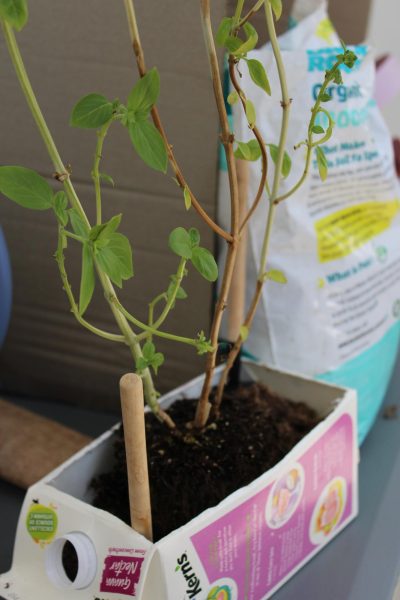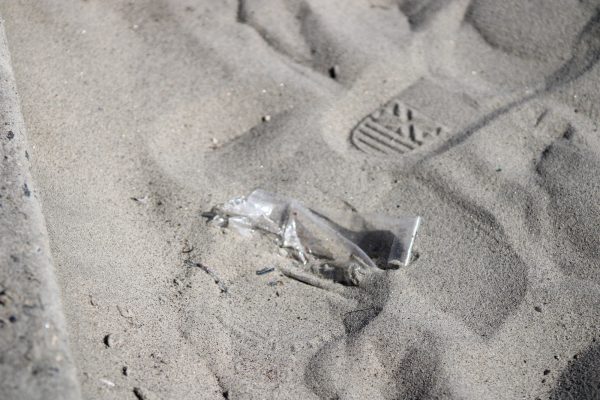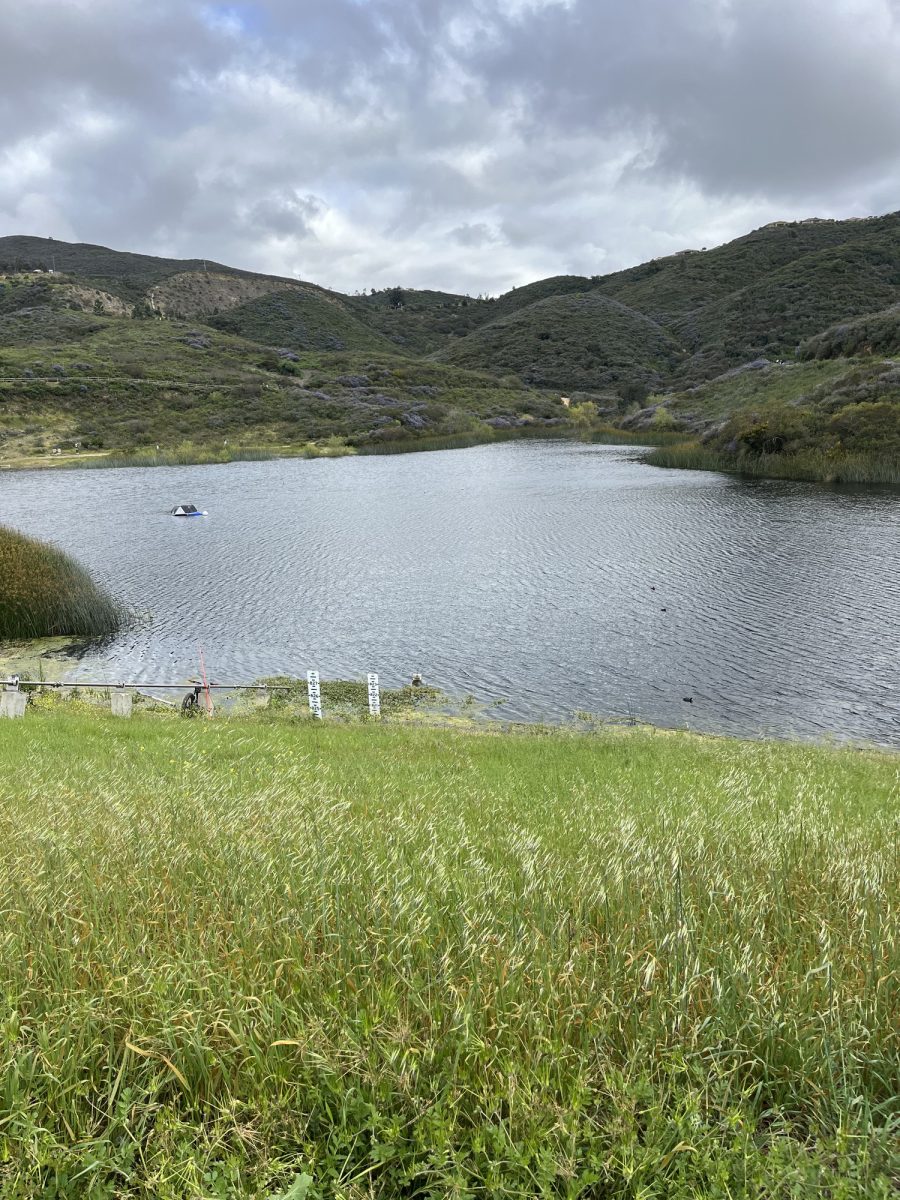Raising awareness of climate change is a big challenge today, as many people lack education on the subject. Recent changes in federal policies have also affected environmental efforts, including the reversal of several previous climate initiatives.
These five activities make a meaningful difference in your community and connect you with others who are passionate about caring for the Earth.

1) Beach and campus Cleanups
Plastic is dangerous for many ecosystems along our coastline. Plastic makes up about 80% of beach garbage. Cleanups are a great way to educate the community about marine and wildlife ecosystems and how trash affects them, according to the International Veterinary Outreach (IVO),
Upcoming beach cleanups include the 23rd annual countywide Creek to Bay Cleanup on Saturday, April 26, from 9 a.m. to 12 p.m. This is a family-friendly event, so join thousands of volunteers across the county as they take environmental action.
For clean-ups on campus, Palomar College is hosting two this week.
The Palomar College -Fallbrook Education Center is hosting a campus clean-up on April 22 from 10:30 to 11:30 a.m.
The Palomar College -San Marcos campus is also hosting an Arboretum clean-up on April 25 from 9 a.m. to 12 p.m.
With so much going on in our lives as students, we tend to forget about the ecological environment on our campus. Palomar has diverse plants and trees, so keeping them clean and healthy is essential.

2) Earth Day Comet Hour
The Student Wellness Advocacy Group is hosting a Comet Hour on Tuesday, April 22, from 12-2 p.m. on the student union lawn and Palomar’s San Marcos Campus.
The event will feature clubs, green goals, and different resources for students.
This will be an excellent opportunity for students to come together as a community and advocate for a cause that impacts them and their environment.

3) Walk or Ride your Bike
Cycling and walking are great ways to get physical activity while reducing air pollution. Unlike gas-powered vehicles, bicycles do not release emissions, preventing harmful chemicals from being released into the air and causing health risks. Take a walk or grab your bike for places nearby. It’s a perfect way to reduce your carbon footprint.

4) Recycle
Recycling is a meaningful way to reduce waste, conserve energy, and protect natural resources. Reusing plastic limits how much goes into our oceans and land environment and the harm trash creates for wildlife animals. Recycling also reduces the amount of waste sent to landfills for disposal, which preserves space and extends the life of existing landfills, according to the North Carolina Environmental Quality.
Plastic can be reused in your home for many things, including gardening. Water and soda bottles can be used to create a self-watering planter, and plastic containers like the ones strawberries come in can be used as a small “greenhouse” for seed starters.

5) Use alternatives to single-use plastic
Nearly 8.2 billion tons of plastic have been produced over the last 70 years, according to the Conservation Law Foundation. Switching to reusable water bottles and bags is helpful in reducing the amount of plastic that ends up in our oceans. Reusable water bottles could stop approximately 156 plastic bottles from polluting our oceans annually.
Additionally, reusable bags help prevent storm drain blockages, reduce stormwater pollution, and protect wildlife, according to Project Clean Water. Keeping storm drains clear will prevent flooding, backups, and more. When plastic bags end up in the storm drains, they can end up in the waterways or the ocean, causing water pollution and negatively impacting marine life.
Although Earth Day is celebrated for one day, these small habit changes can make a greater impact over time.














